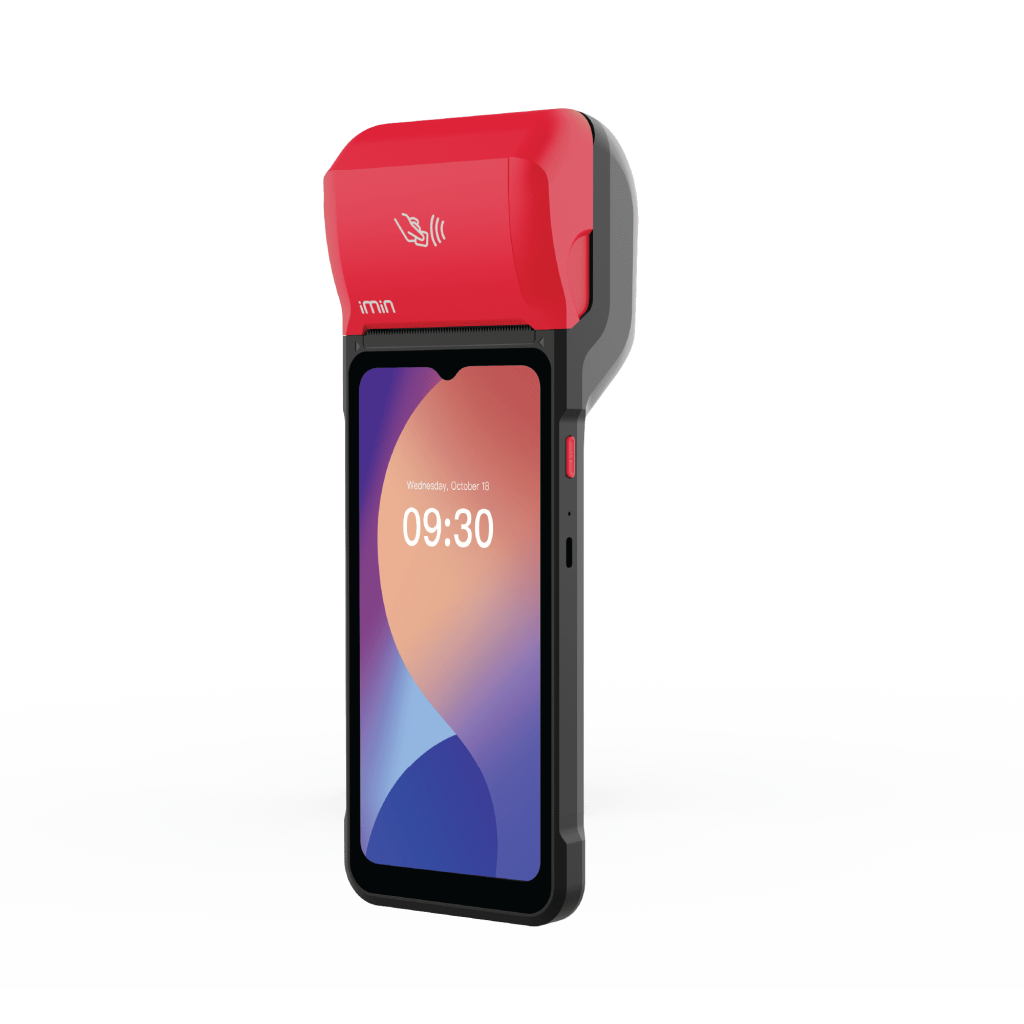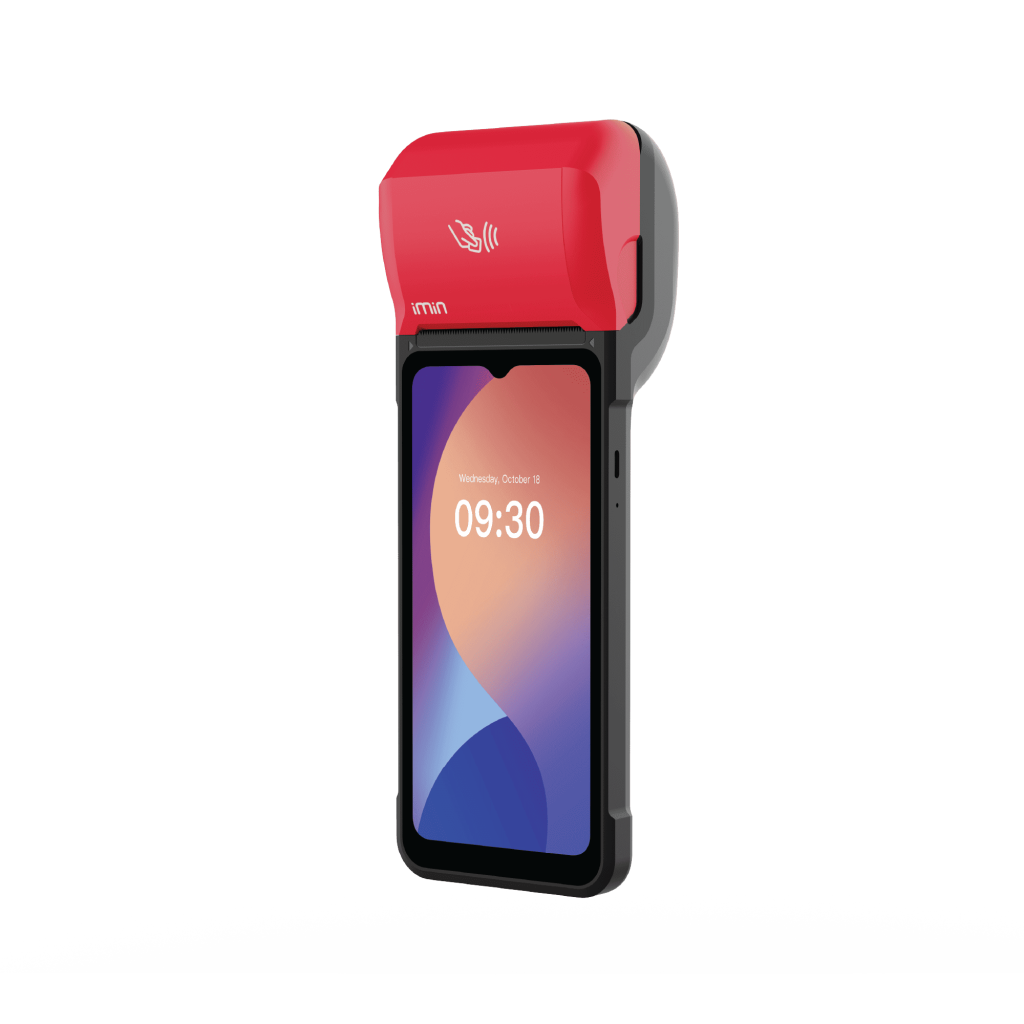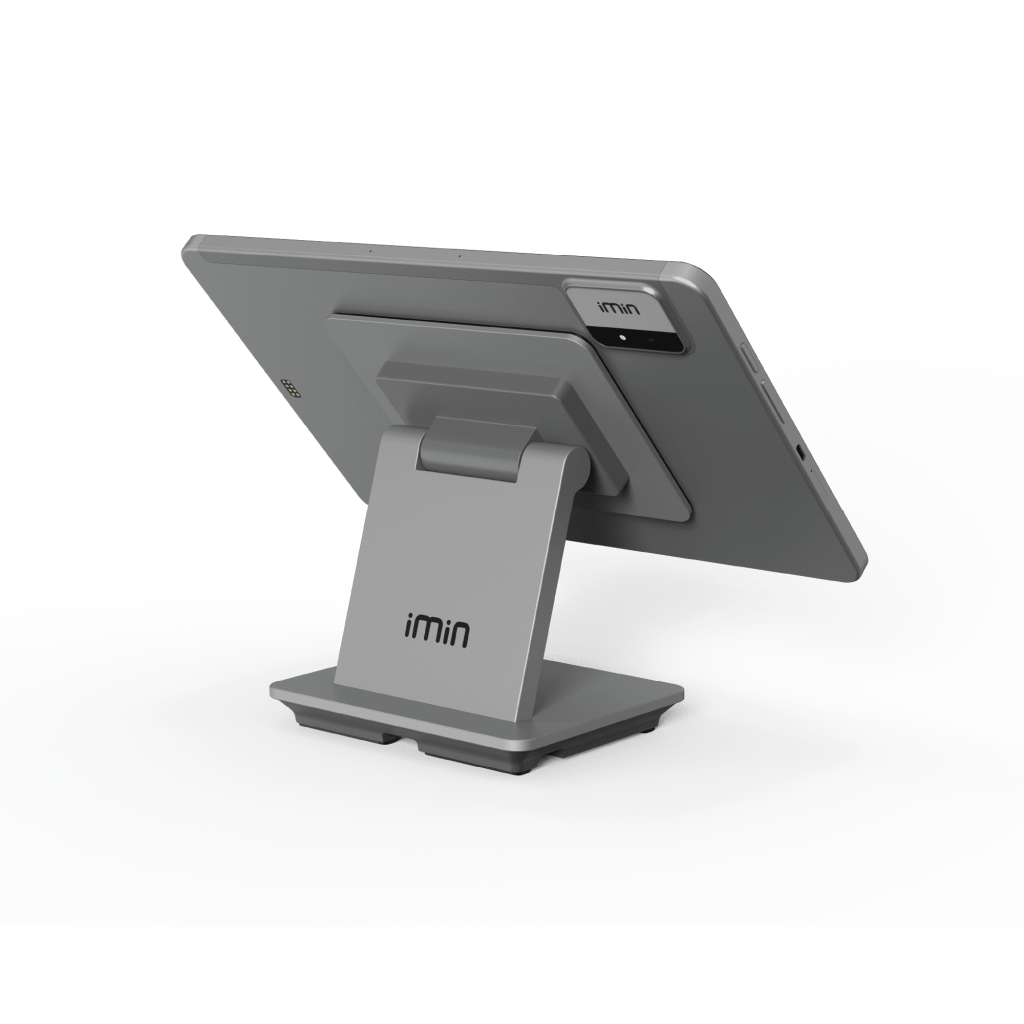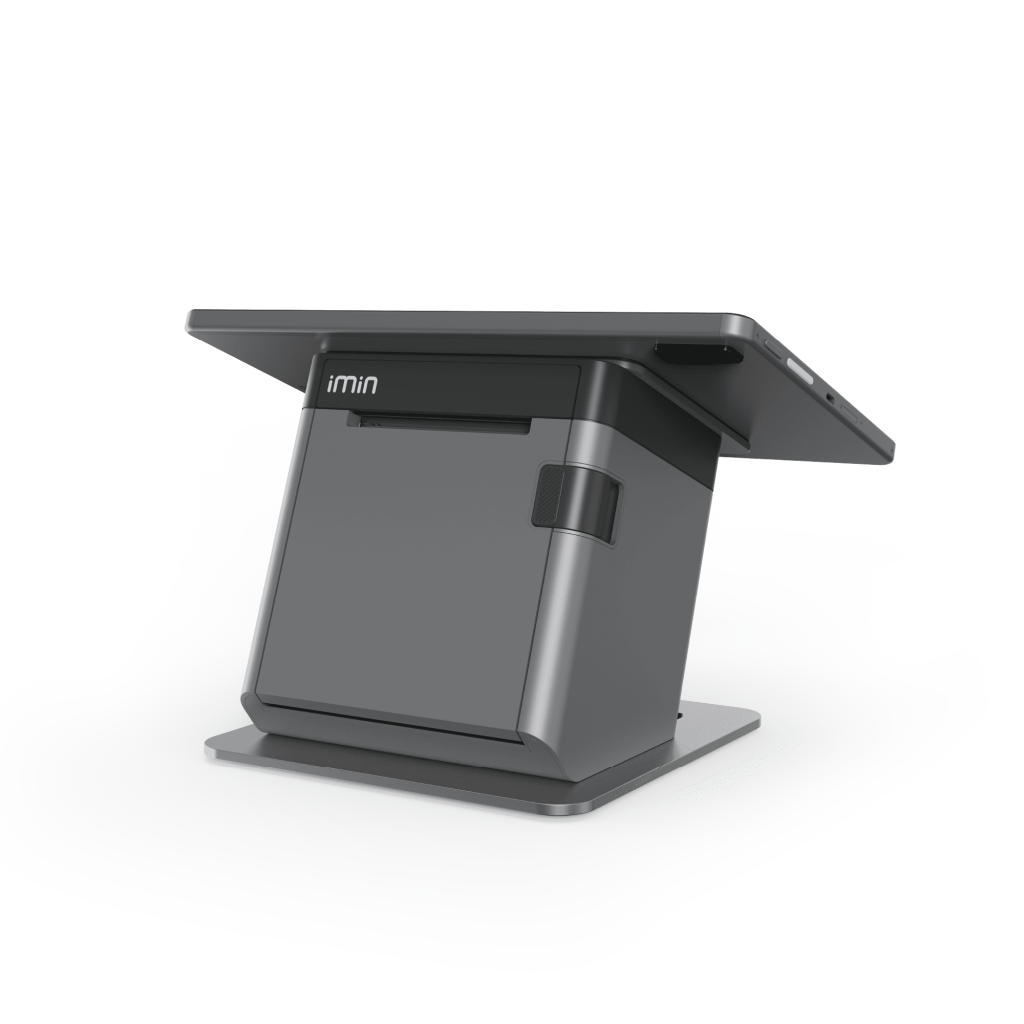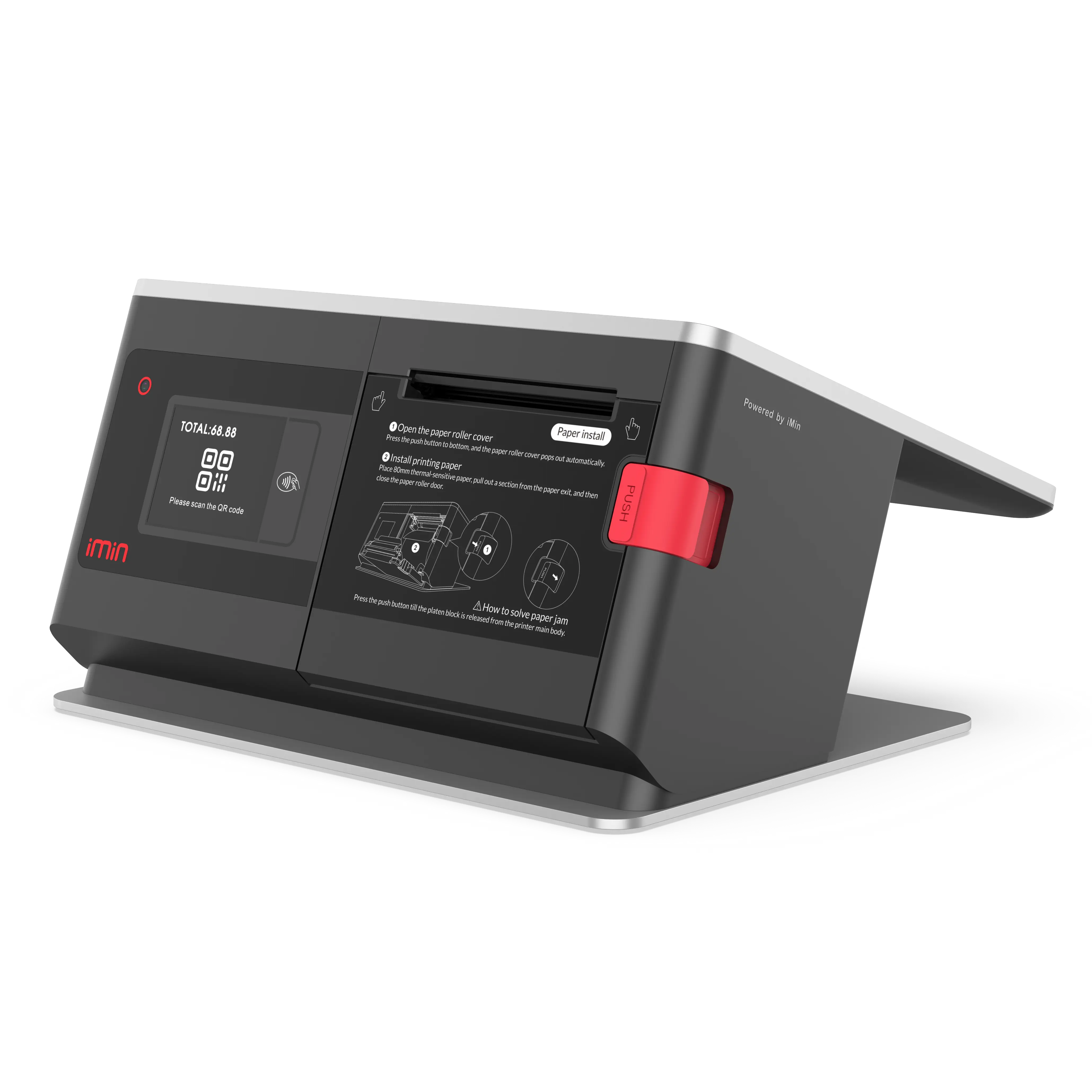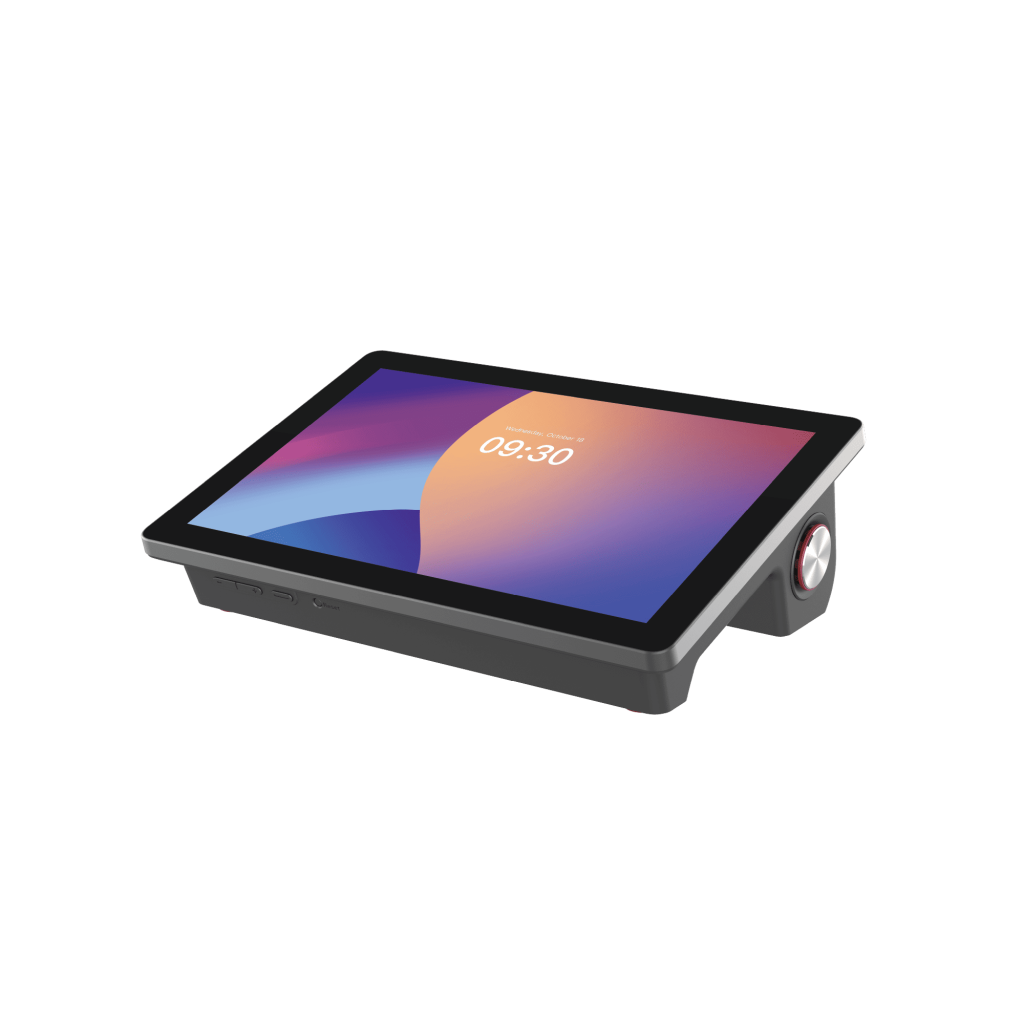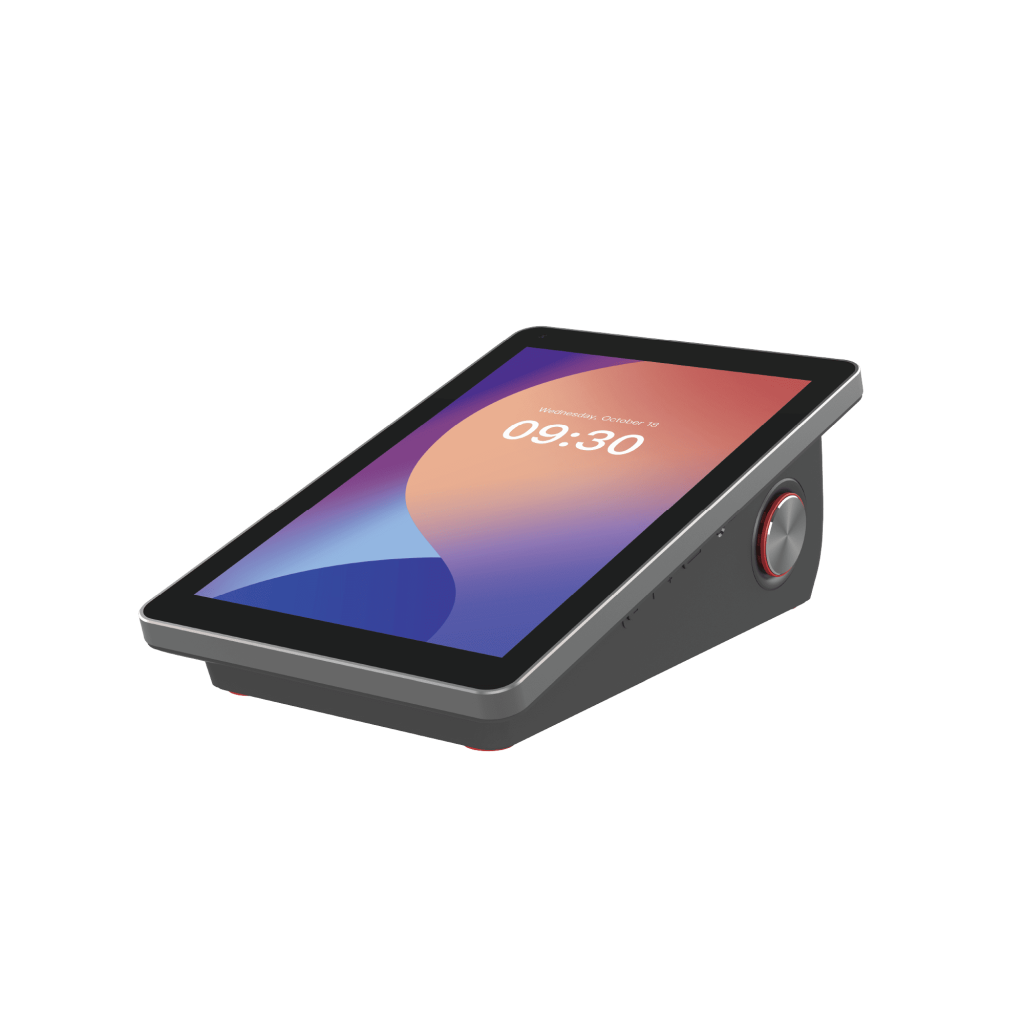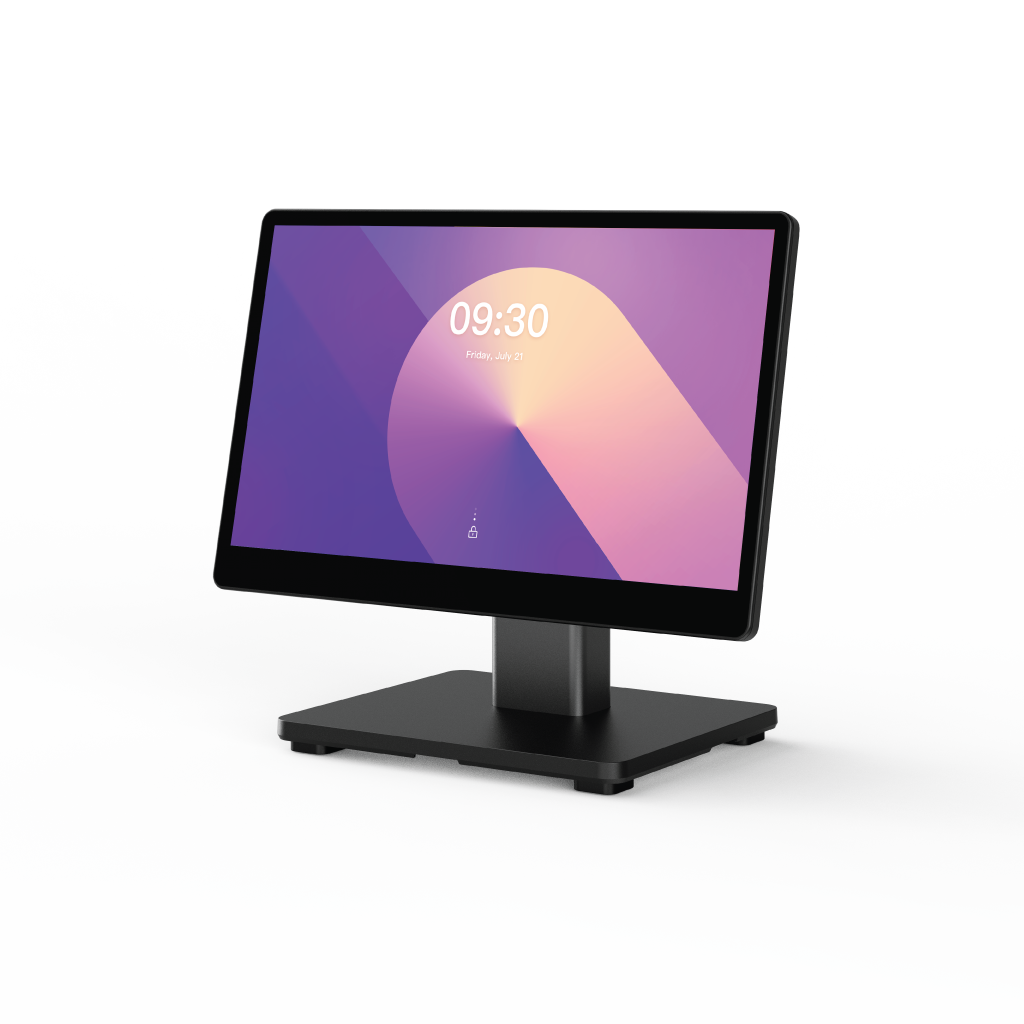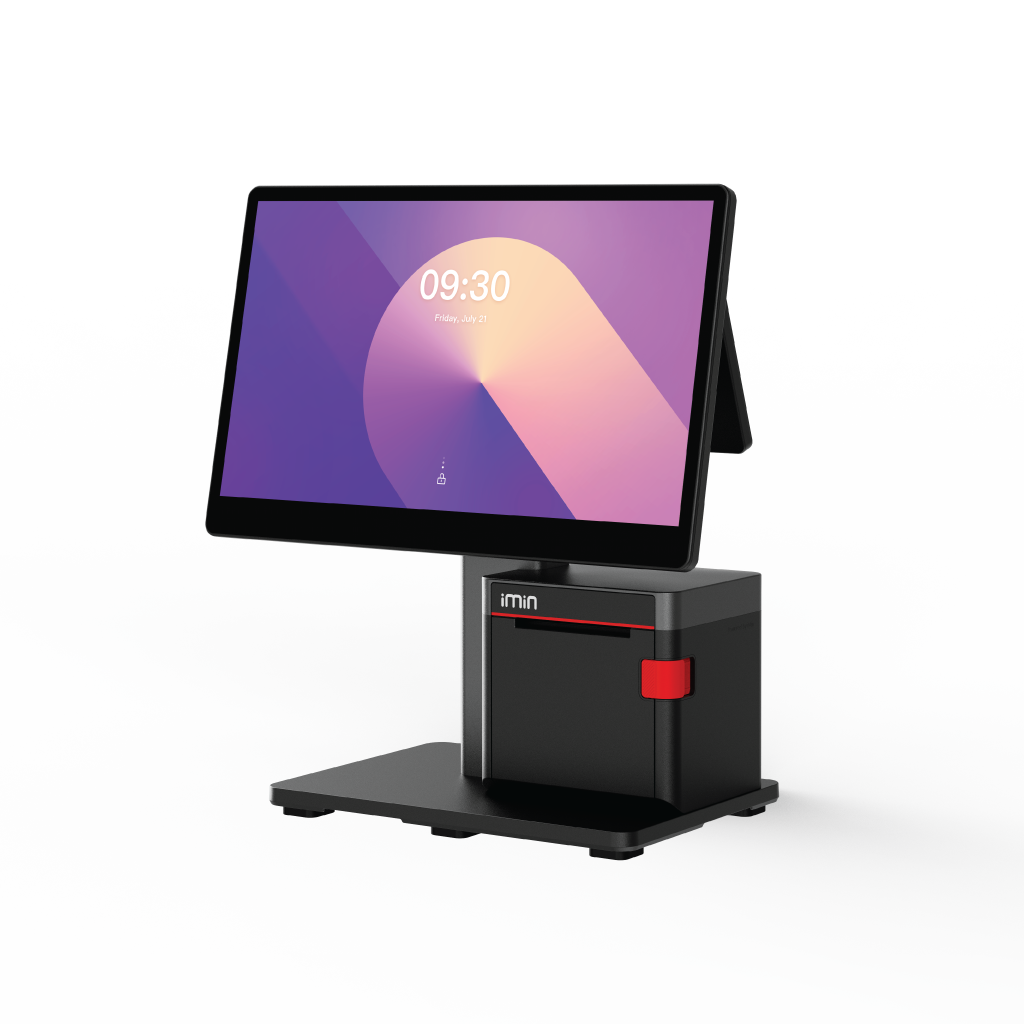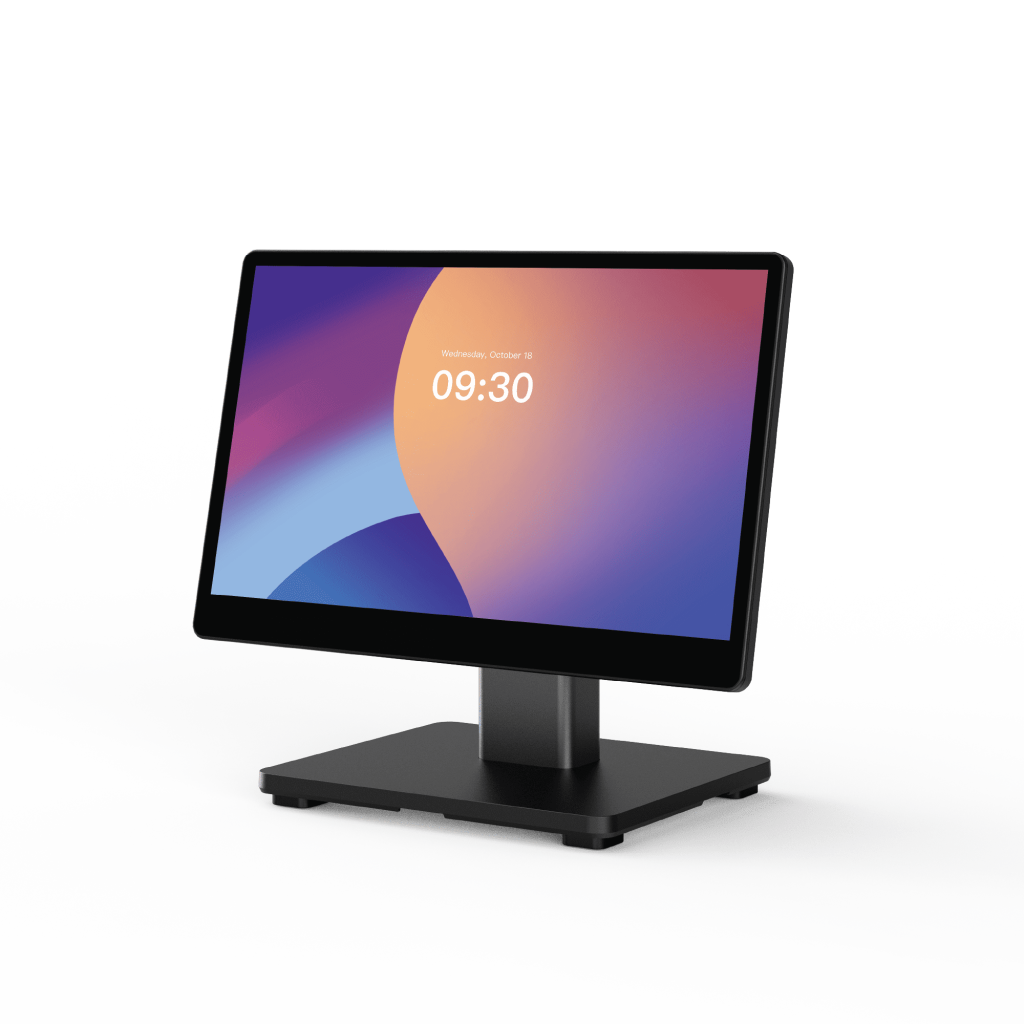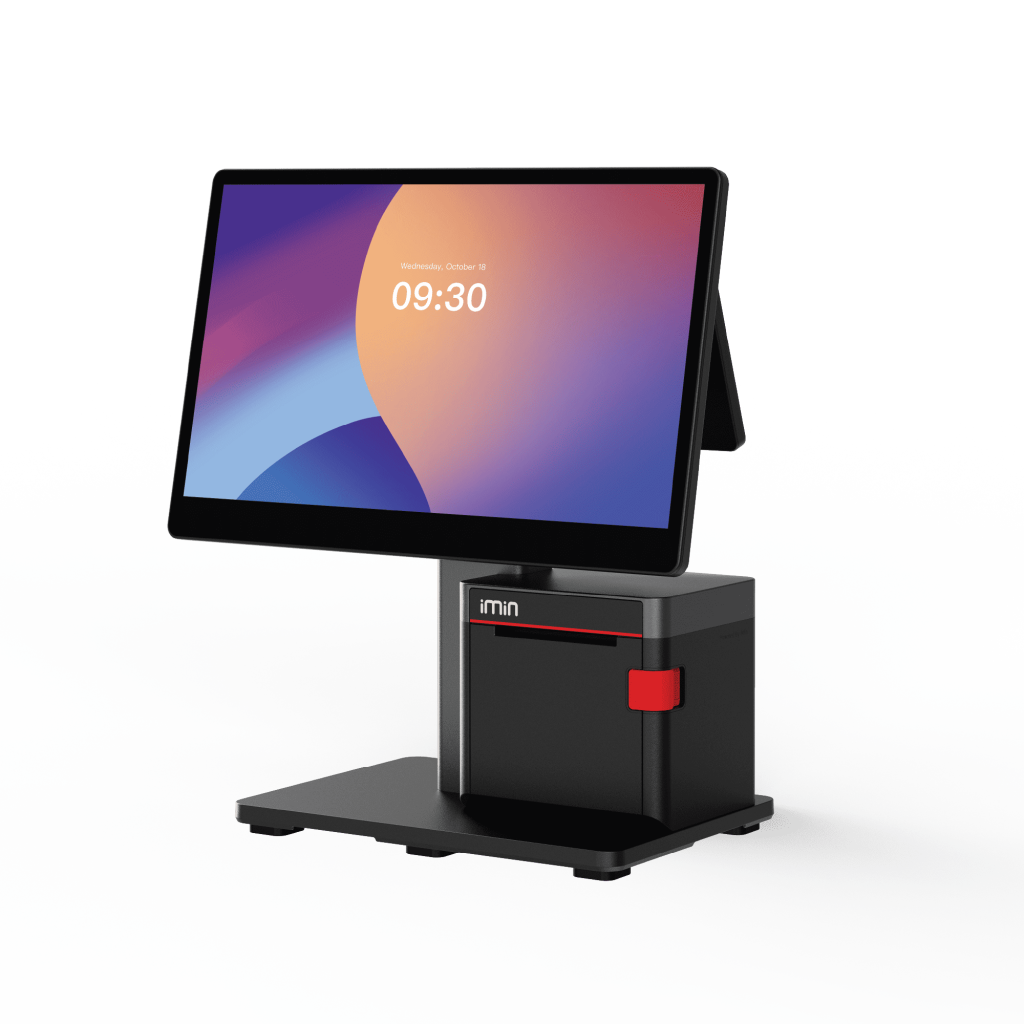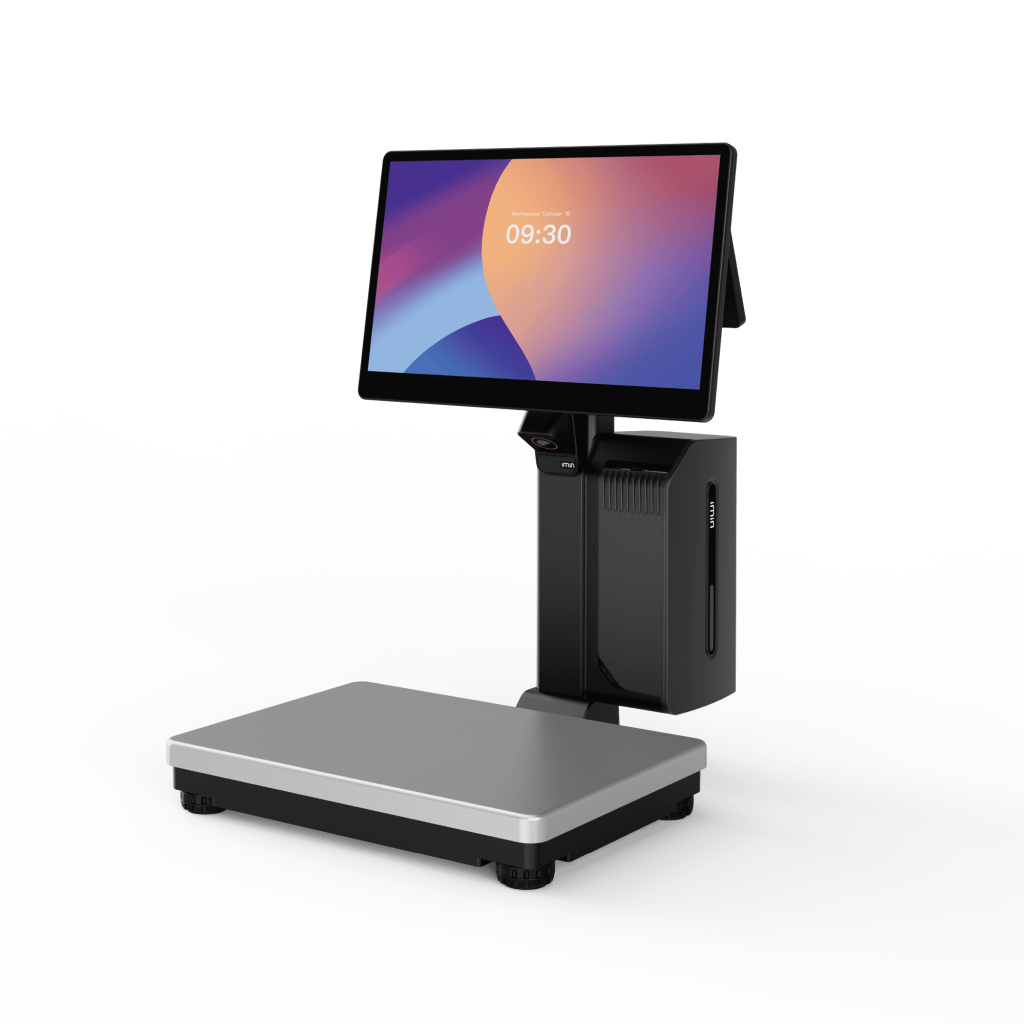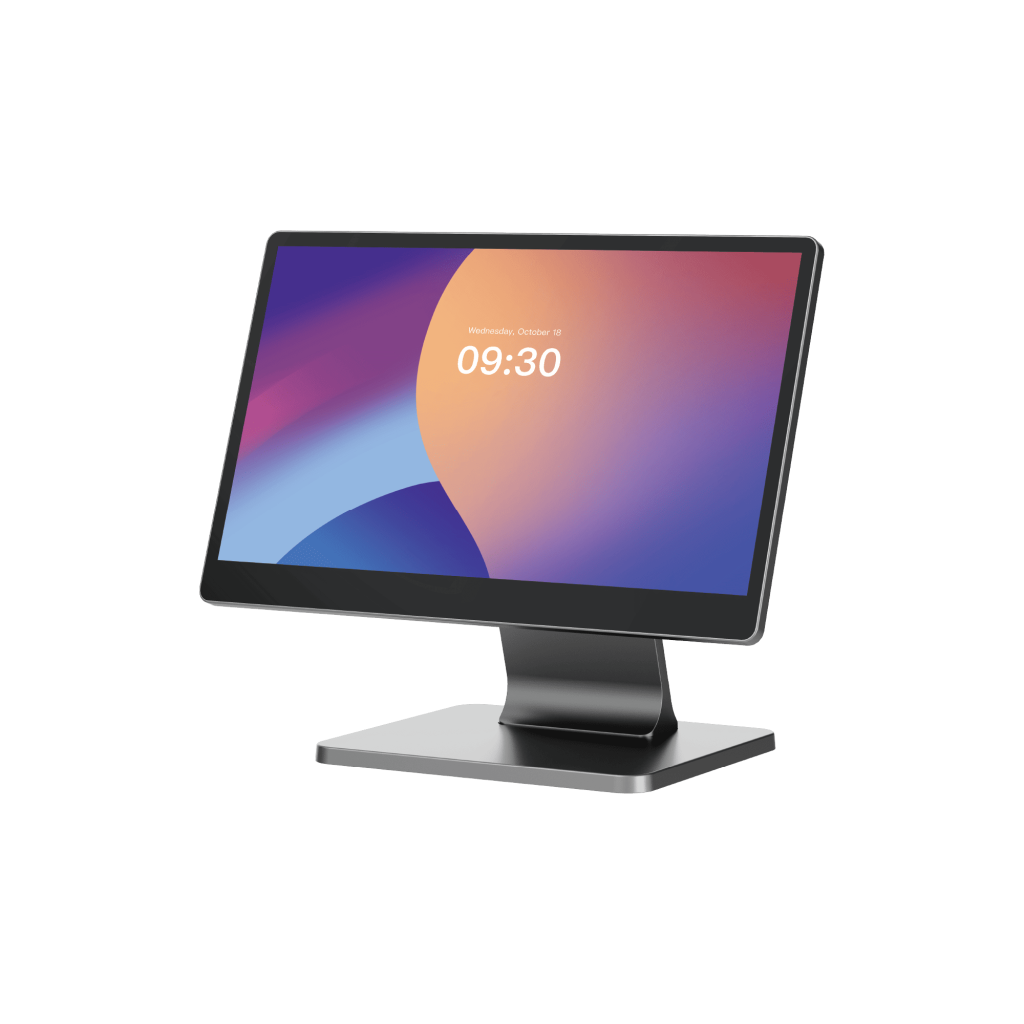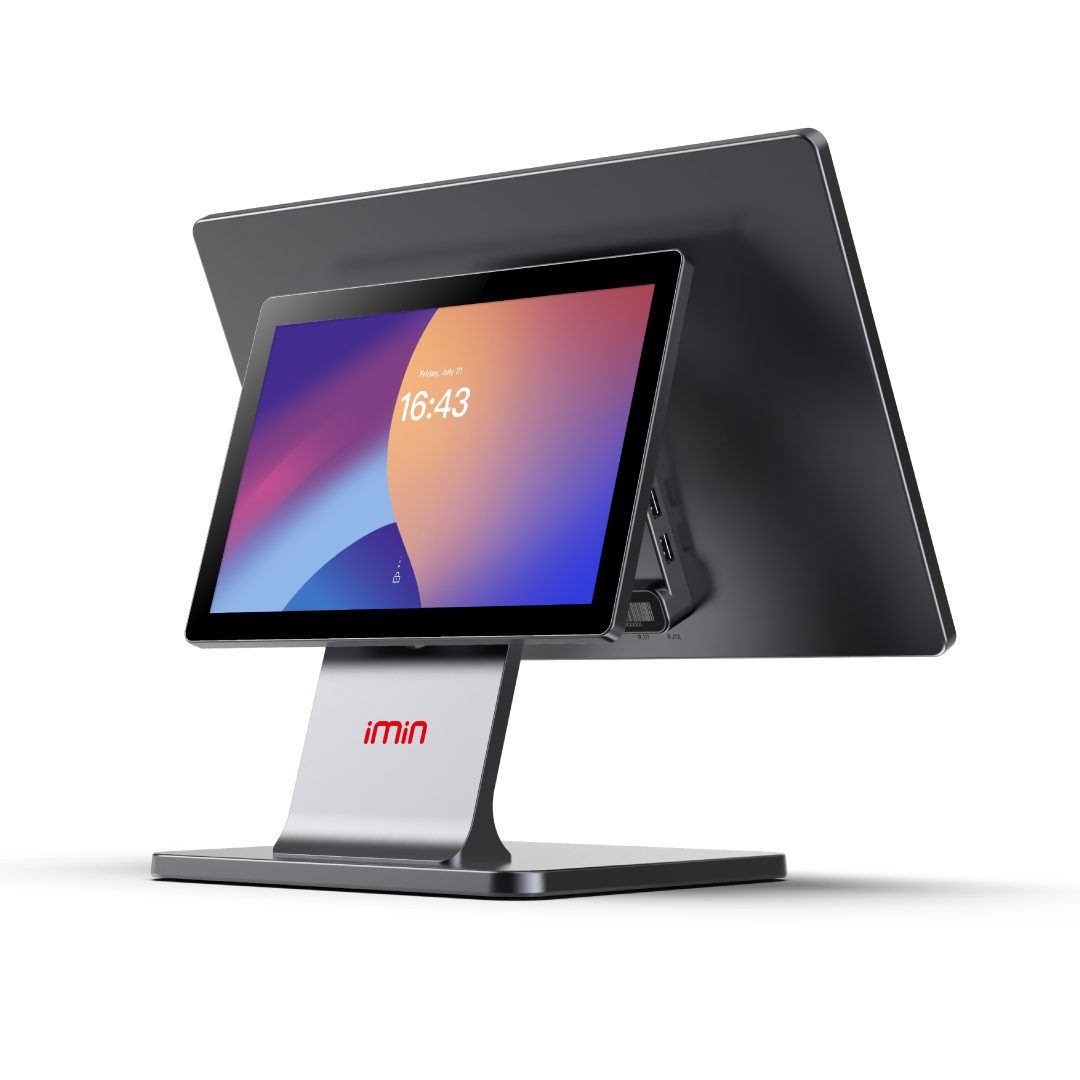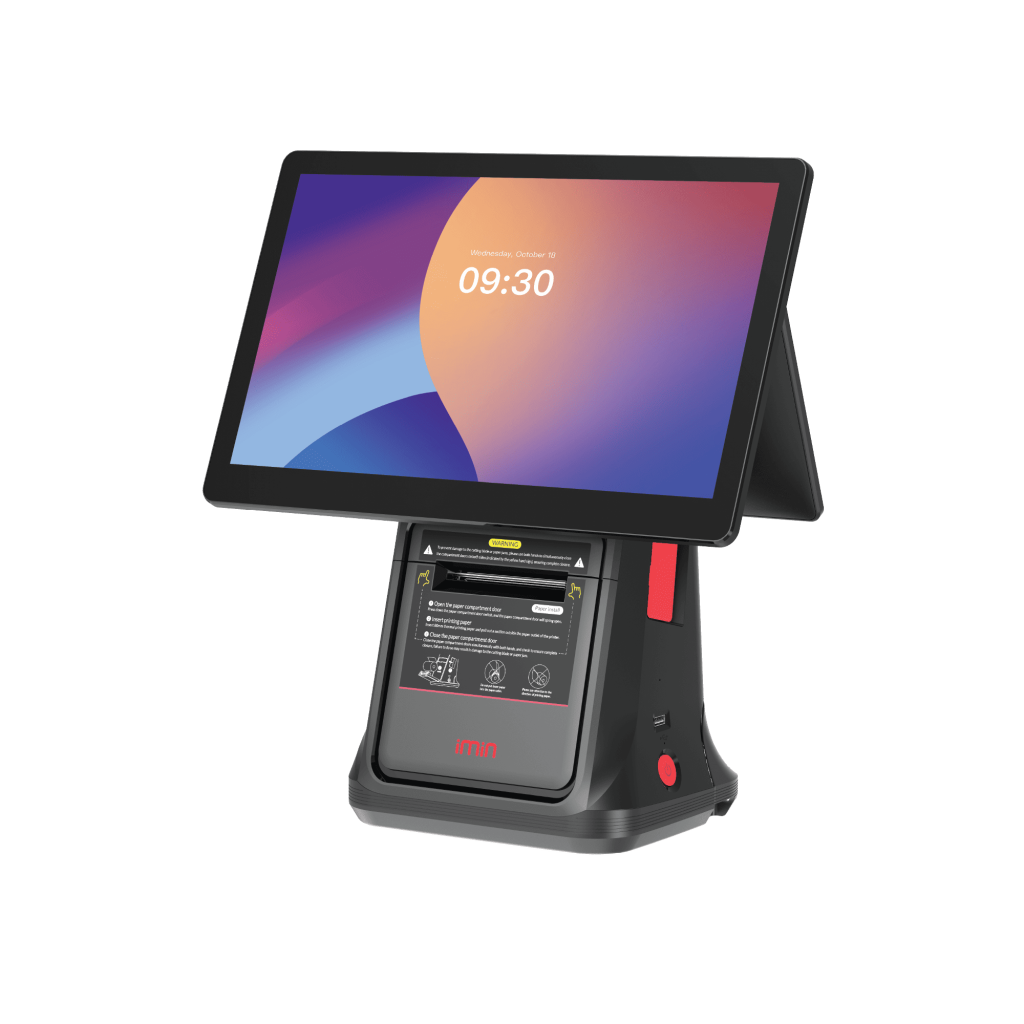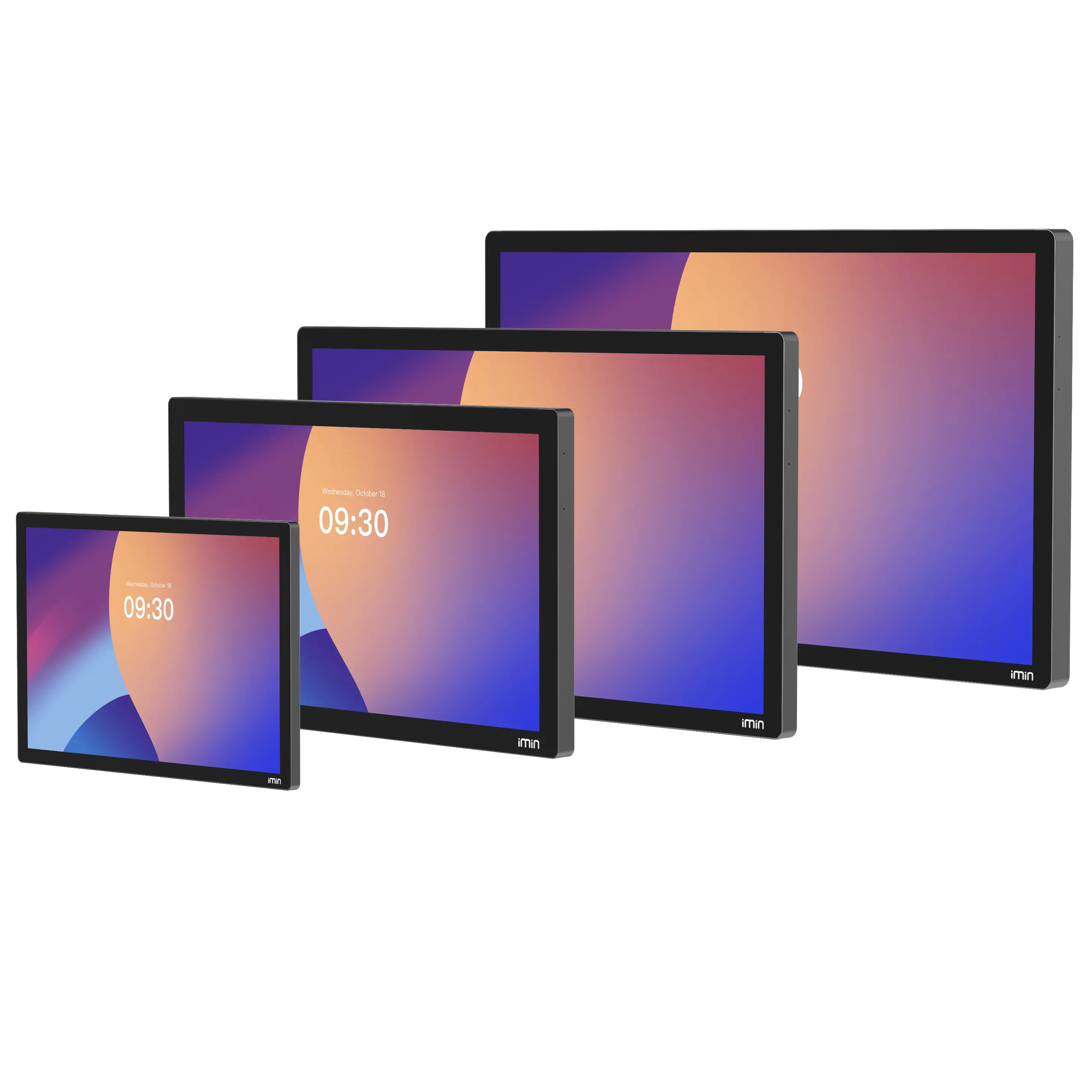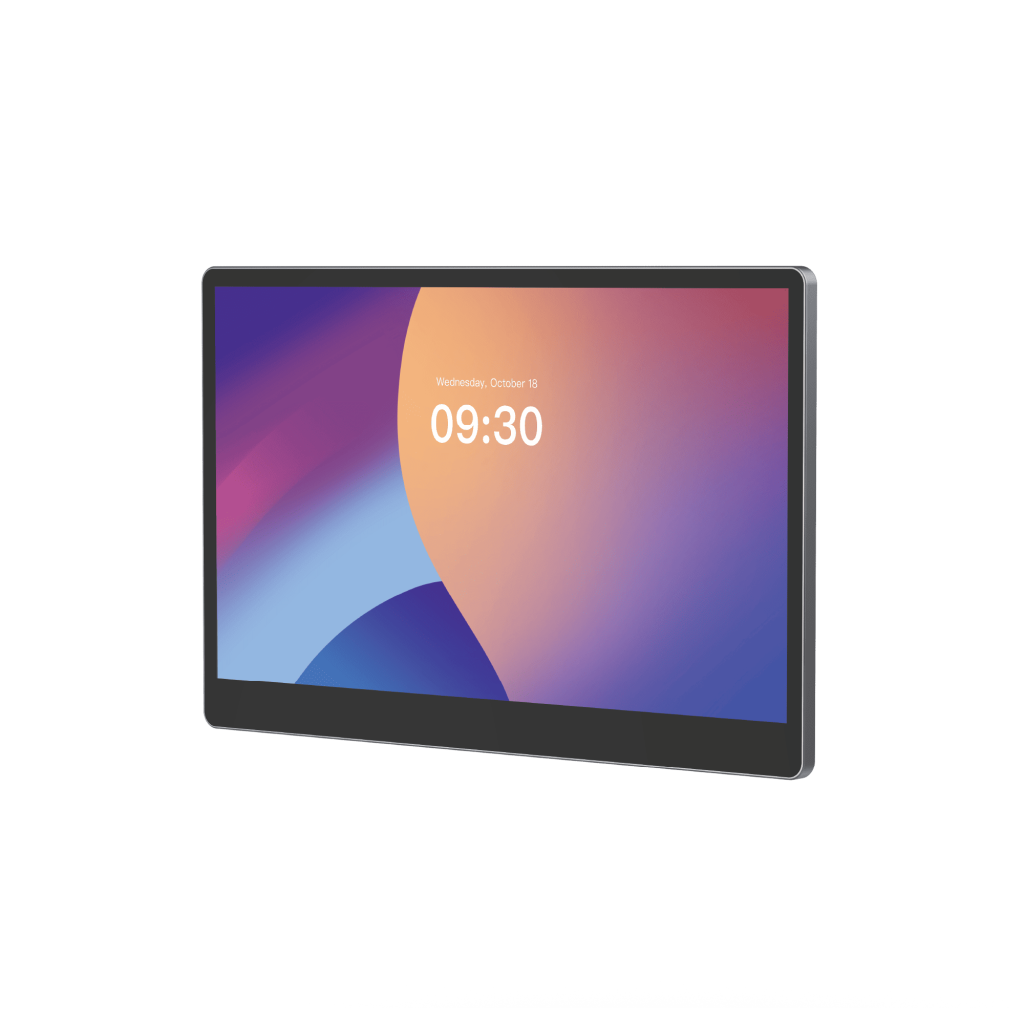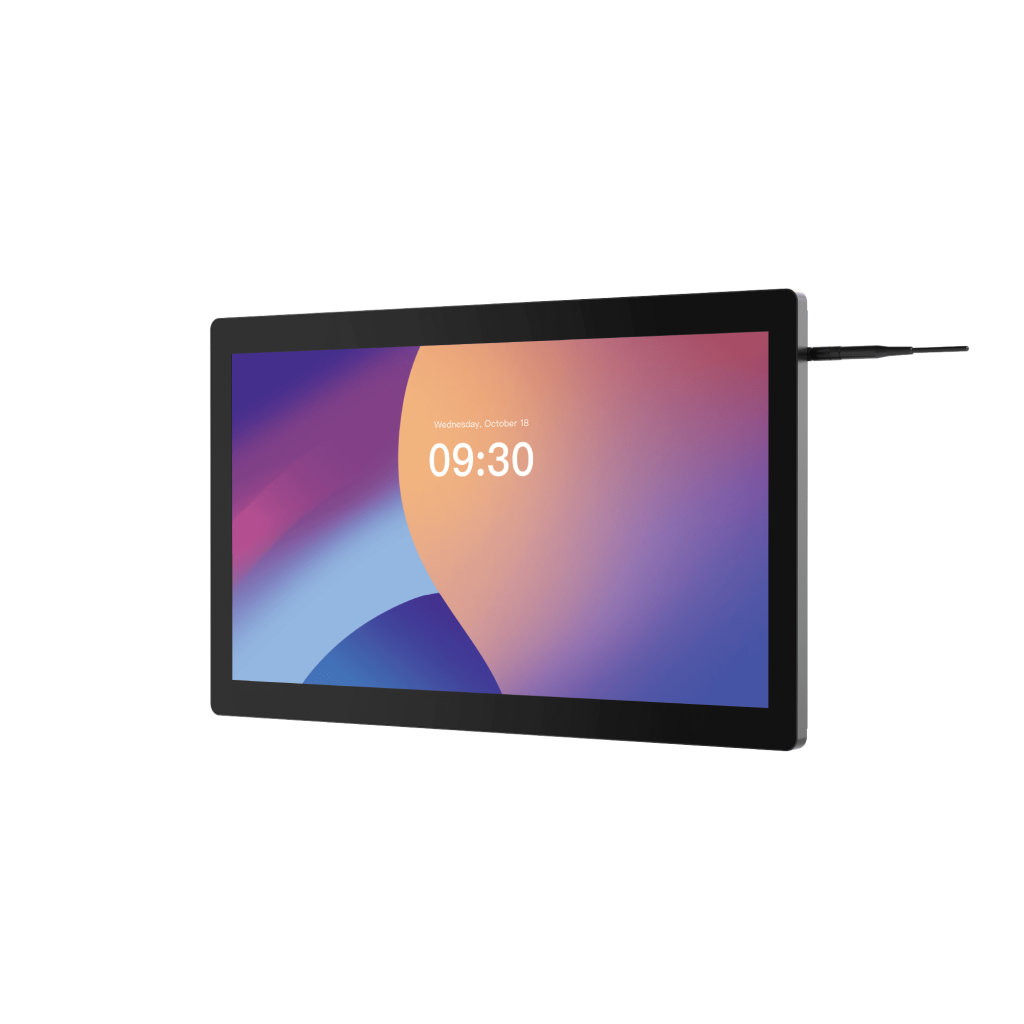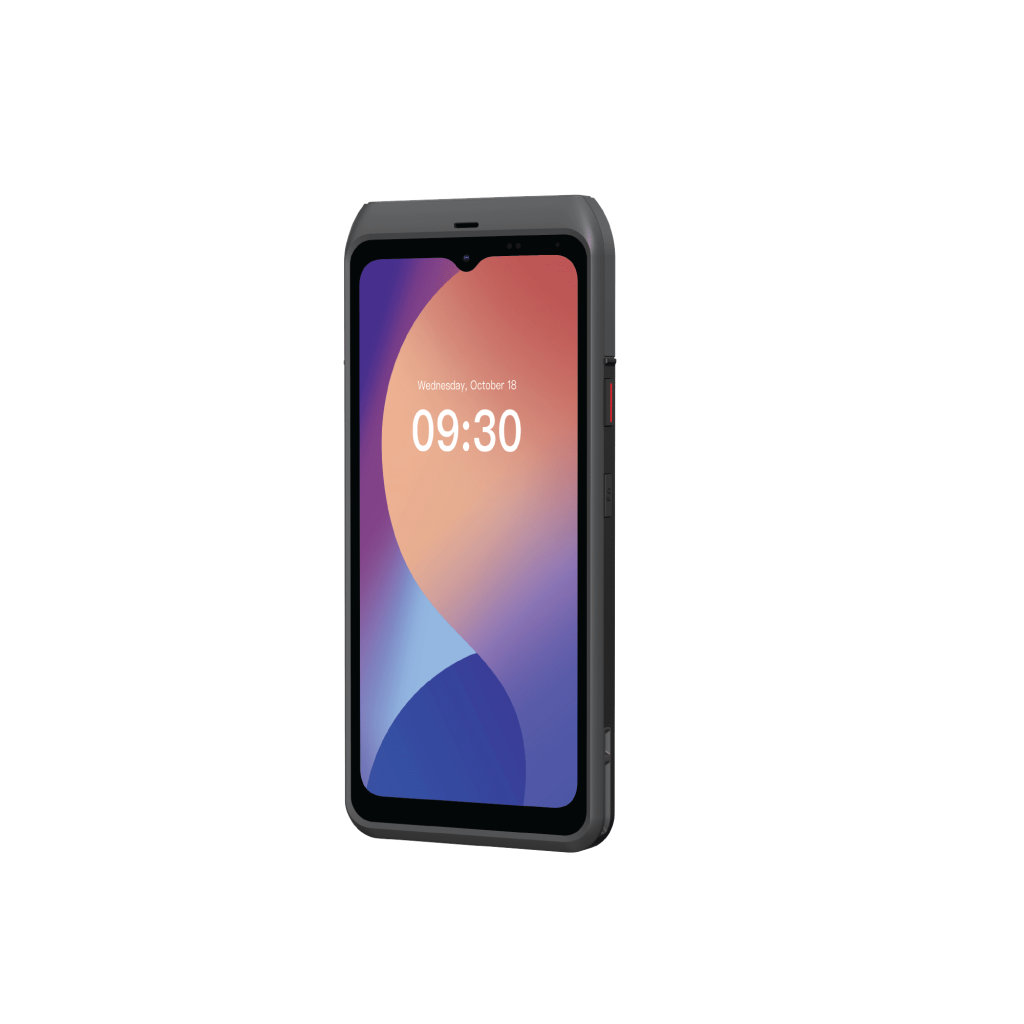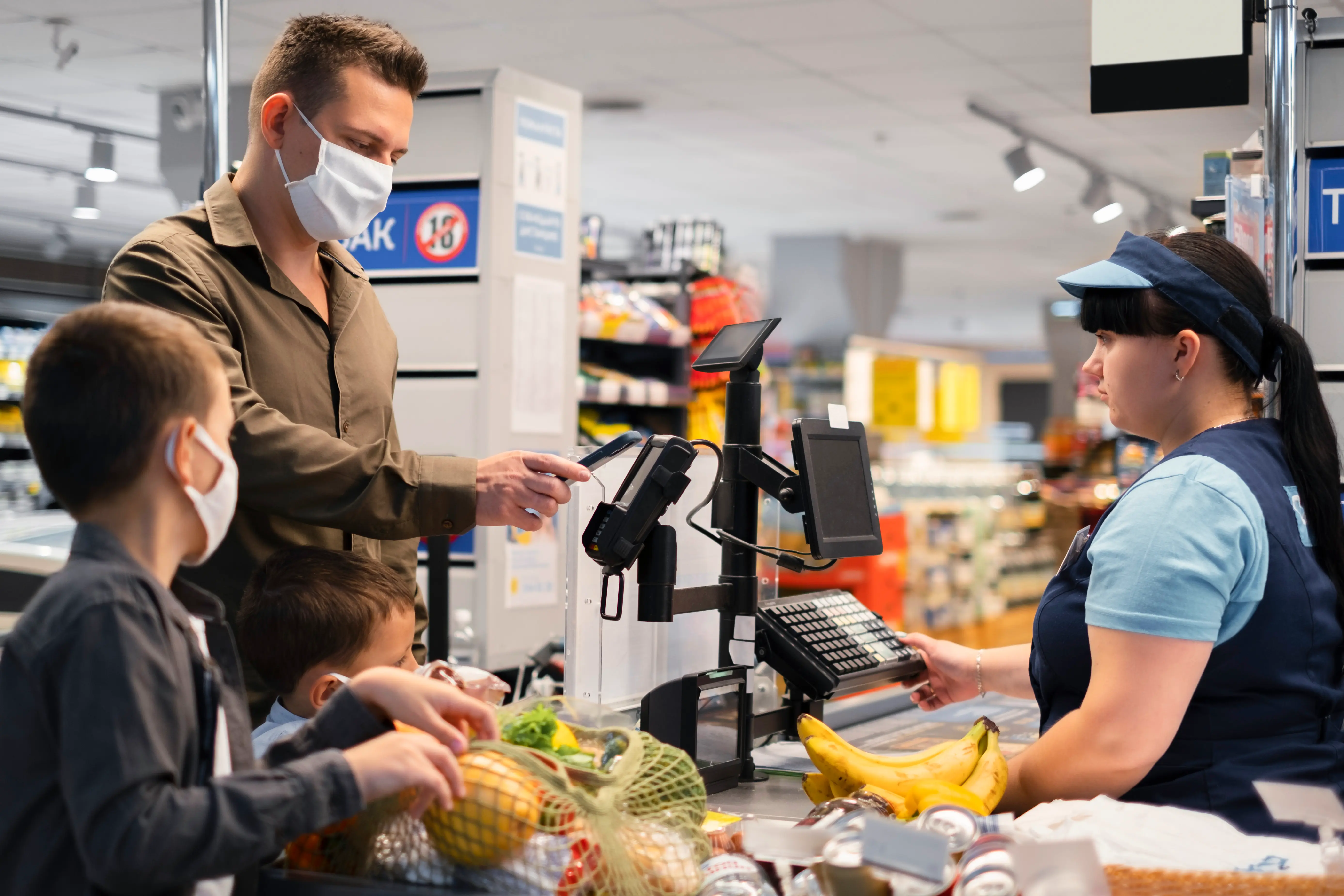Subscribe to newsletter
Check out our POS product lineup
Managing operations across multiple locations can pose businesses with complexities that hinder growth and efficiency of operations. As companies expand, the difficulty of having oversight of their sales, inventory and customer interactions increases significantly. A multi-location POS system provides owners with a solution by offering a unified platform that can help them manage all aspects of business operations across all their sites. Whether you’re running a retail chain, restaurant franchise, or any other multi-location businesses, having the right POS system is essential for maintaining consistency, improving efficiency, and scaling seamlessly.
This article will explore the key features, benefits, and ideal use cases for multi-location POS systems, and explain why they are essential for all modern businesses.
Key features of multi-location POS:
A multi-store POS system is designed to centralize all operational aspects of different business locations into one unified platform. These important traits listed below are core features that make them so invaluable to business owners:
Centralized data management
With a multi-store POS system, businesses are able to track sales, stock levels, and customer data across all locations in real-time. Whether your business has three or three hundred locations, all data is synchronized and stored in a central database, making it easier to access insights and perform analysis.
Real-time inventory management
A key feature of multi-store POS systems is the ability to manage inventory levels across all branches or outlets in real-time. Businesses can easily transfer stock between individual stores and receive automatic updates on inventory levels. This eliminates the possibility of stockouts or overstocking, improving inventory accuracy with real-time data and real-time updates.
Customizable pricing and promotions
Businesses operating in different regions may neeed customized pricing for specific locations. Multi-location POS systems allow businesses to set location-based pricing or promotions, ensuring that each location meets local market demands and customer preferences. This helps to increase customer satisfaction and retain customer loyalty.
Employee and access management
Employee management across multiple locations can be complex. Using such systems, businesses are able to take note of employee shifts, perforamnce, and permissions (access control) across locations. It ensures that managers and staff only have access to data relevant to their location or role, improving security and operational control.
Unified reporting and analytics
Having a comprehensive reporting system that consolidates data from all locations is essential for informed decision making. Multi-location POS systems offer unified reports, such as sales, inventory, and financial reports that provide clear, data-driven decisions through clear overviews of business performance across all sites.
Cloud-based integration
Most modern multi-location businesses are using cloud-based devices, which allow them to manage their operations remotely from anywhere. This flexibility ensures that business owners and managers can access data, track performance, and monitor sales across multiple locations all the time.
Benefits of multi-location POS:
Efficiency and streamlined operations
Multi-location management eliminates the need for separate, isolated POS systems at each location. Using centralized data and synchronized processes, businesses can streamline operations, reducing redundancies and administrative workloads. This increases overall efficiency, freeing up resources for business growth and customer satisfaction.
Improved customer experience
Customers expect consistency in service across all locations. A multi-location system ensures that customer experiences are seamless – whether they shop online or visit a physical store. From consistent pricing to accurate product availability, customers will be guaranteed to receive the same high-quality service at every touchpoint.
Better inventory control
One of the most significant challenges in multi-location businesses is managing inventory. Unlike single location businesses, it is very hard to keep accurate tabs on stock levels of items between stores. Centralized inventory tracking and real-time updates help to prevent discrepancies and optimize stock levels to reduce waste, raising the efficiency of the business’s supply chain. This results in cost savings and better product availability, which help to keep customers happy.
Scalability and flexibility
As businesses expand, their POS solution grows with them to keep up with the increased demand for management tools, data handling, staff scheduling, and customer service. More robust features can be added to expand the system’s capabilities to accomodate more stores, warehouses or branches without compromising performance.
Ideal use scenarios:
A multi-location POS system is beneficial for businesses in various industries that operate across multiple site. Here are some examples:
Retail Chains:
Retailers with multiple stores or branches benefit greatly from multi-location POS systems. These systems allow them to manage inventory, customer data, and promotions across all theire stores from a central location. Whether it’s a fashion retailer, electronics chain, or a supermarket, multi-location POS systems ensure consistency in stock management and customer service. With analytics tools integrated into the system, retailers can also gain valuable insights into custoemr preferences, allowing them to make data-driven decisions. Additionally, POS systems can track the purchase history of customers, enabling targeted marketing and personalized offers, helping businesses stay ahead of the competition.
Restaurant chains and franchises:
For multi-location restaurants, cafes, and franchises, such systems help streamline operaetions, manage inventory and maintain consistency in menu pricing across various locations. The POS systems can also support mobile payments, ensuring a smooth, fast and secure transaction process for customers. By using location-specific settings, businesses can run promotions that cater to regional tastes and preferences while offering a unified platform for performance analysis. The system can track popular items across locations, providing managers with valuable insisghts into menu performance, helping them optimize offerings and menu pricing. This level of control and insight is essential for maintaining industry standards in the fast-paced foodservice environment.
Hospitality industry:
Hotels, resorts, and other hospitality providers can greatly benefit from a multi-location POS system to manage reservations, guest services, and retail outlets across different locations. The system enables easy data synchronization between various departments, such as the front desk, restaurant, and spa, ensuring a seamless guest experience. Guests can check in, dine, and purchase services with confidence, knowing their interactions are streamlined through the same POS platform. Additionally, hotels can utilize analytics tools to analyze customer behaviours and preferences, helping them personalize offers, improve customer loyalty, and stay competitive in the hospitality industry.
In conclusion, a multi-location POS system is a crucial tool for businesses looking to streamline their operations, maintain consistency across locations, and make data-driven decisions to fuel growth. With centralized management of inventory, customer data, and sales, these systems offer businesses an edge in a competitive marketplace. Whether you’re in retail, hospitality, or e-commerce, adopting a multi-location POS system will help you stay organized, improve customer satisfaction, and scale your operations efficiently.
By incorporating the right multi-location POS solution, businesses can unlock the full potential of their multi-site operations, paving the way for long-term success and profitability.
